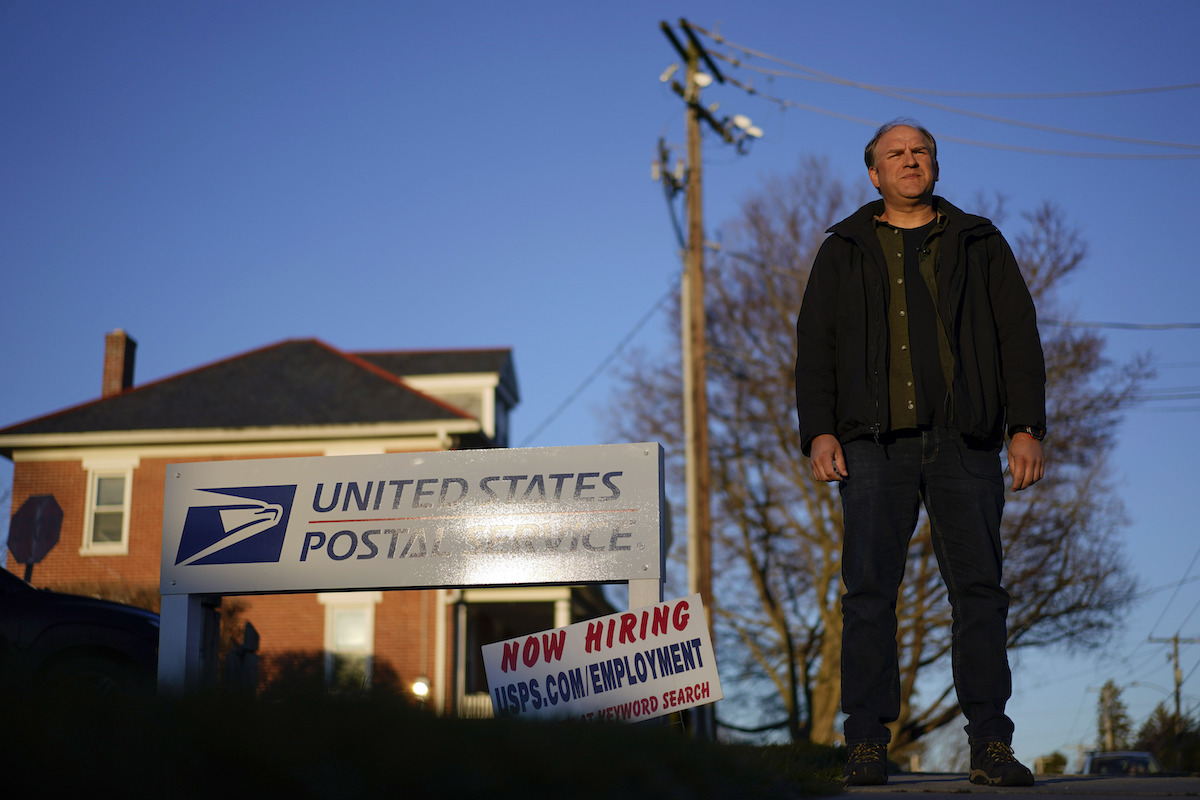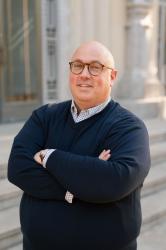As it turns out, the Supreme Court last week opted against transforming the United States into a totalitarian, theocratic hellscape like the New York Times’ Linda Greenhouse had prophesied in January. In fact, the entire left wing of the Court joined the conservative majority in Groff v. DeJoy in an opinion that bolstered the rights of all workers regardless of their religious tradition. Now it is abundantly clear that American workers need not choose between their jobs and their faith. While the Court did not issue a final judgement in the case but rather sent it back to a lower court for further proceedings, the opinion was surprisingly strong, especially for a unanimous verdict.
Gerald Groff, a Pennsylvania postal carrier and client of First Liberty Institute, objected to working on Sundays due to his religious conviction that the day should be reserved as a sabbath. He tried for several years to reach a compromise with the Post Office to avoid Sunday shifts, but after suffering years of mockery and abuse, he was forced to resign from his position in January 2019.
Later in that year, Groff sued the Post Office under Title VII of the Civil Rights Act of 1964 (Title VII), which makes it unlawful for an employer to discriminate against an employee on account of religion, among other things. Title VII requires employers to make accommodations for the religious practice of employees except when doing so would cause “undue hardship on the conduct of the employer’s business.” In Trans World Airlines v. Hardison (1977), the Supreme Court found that any cost or effort that is “more than … de minimis” is an undue hardship. Mr. Groff lost in the trial court and again at the intermediate appellate court as the judges relied on this “de minimis” standard.
The Hardison interpretation of Title VII provided almost no protection for the free exercise rights of employees, and it was not just evangelical Christians like Gerald Groff who have suffered. The de minimis standard has, according to the Supreme Court, “blessed the denial of even minor accommodation” and significantly disadvantaged members of minority faiths, including Sikhs, Muslims, Seventh-day Adventists, and, in the words of the Union of Orthodox Jewish Congregations of America, “once again left [Jews] at the mercy of their employers’ good graces.”
The Groff court did not explicitly overrule Hardison but has clarified some aspects of it and more clearly stated what is required of the “undue hardship” language in the context of Title VII. The newly established standard requires courts to determine “whether a hardship would be substantial in the context of an employer’s business in the commonsense manner that it would use in applying any such test.” The anxieties of those like Ms. Greenhouse have not been realized, but it is also now abundantly clear that they were always completely unfounded. Groff does not represent any new law. It is a course correction that was only necessary because lower courts had misinterpreted the text of Title VII. This case only renews and clarifies our country’s shared commitment to respecting religious freedom, including in the workplace. Proponents of a radically secularized public square, like American Atheists, argue that the decision in Groff unfairly shifts more of the burdens of religious accommodations to the nonreligious in the workplace. This group understands this case as a signal that religious employees are or will be favored. But this analysis fundamentally misunderstands and misrepresents this decision.
First, respecting religious liberty and religious diversity is fully consistent with our country’s dedication to protecting individual freedom. After all, the Constitution explicitly protects free exercise rights for all citizens. Title VII’s protection of religious employees may not be explicitly mandated by the First Amendment, but the provision is certainly consistent with the spirit of it. The purpose of the free exercise clause is to protect the freedom that allows Americans to orient their lives according to their most fundamental beliefs, and Gerald Groff was entitled to do exactly that. If citizens are to be free to practice any or no faith without government intrusion, but only see that private interests foreclose that freedom via coercive and unfair economic pressure, the purpose of the First Amendment is frustrated.
Second, what critics like Greenhouse fail to consider is that granting accommodations is a common employment practice necessary to ensure equal opportunities and foster a more level playing field. Congress has afforded similar protections for Americans with disabilities, pregnant and nursing mothers, and military veterans. In the wake of Groff, people of faith who have been unfairly precluded from certain jobs due to their religious commitments will now have access to equal opportunities. Moreover, these restored protections will primarily empower workers who belong to minority faiths to be able to work without being forced to violate their beliefs.
Interestingly, the Groff court affirmed that an employer who fails to provide an accommodation cannot raise a defense merely on the grounds that the accommodation could cause some co-workers to grumble about their religious colleagues. “A hardship that is attributable to employee animosity to a particular religion, to religion in general, or to the very notion of accommodating religious practice cannot be considered ‘undue.’” It is particularly surprising to find this line in an opinion signed by the left wing of the Supreme Court. Opponents of religious freedom tend to advocate for a jurisprudential approach that creates a freedom from rather than a freedom of religion. It is encouraging to see the Court protect religious diversity, even for minority, unpopular, or less-understood perspectives.
The post-Groff world is not one that presents anything to fear. It does not represent a new orientation toward a dark theocratic future. It is rather a very measured and commonsense decision that shows great deference to the plain meaning of a statute written, debated, and passed by Congress. This decision is instead a vindication of the rights of religious citizens who should never have been forced in the first place to make a choice between their jobs and their faith.

